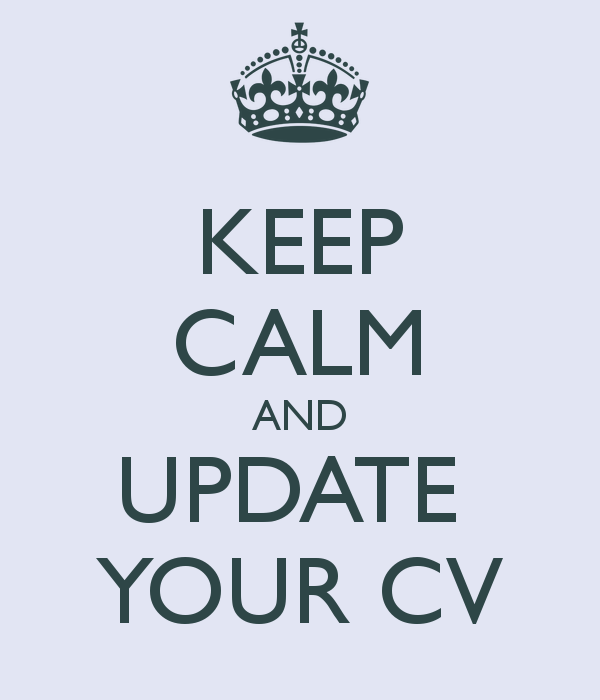So your old C.V hasn’t been getting you as many interviews as you’d like lately and you’re wondering ‘why not?’. Or maybe, you’re just looking to spruce it up and improve it because it’s been a while. Either way, there’s plenty of ways you can improve your CV and get more interviews, more callbacks from agencies and more interest from employers in general. This article will explore 5 ways you can make your CV a bit more impressive.
1. Proofreading
Of course, you would have proofread your CV when you wrote it but it never hurts to look back over it again. It can be so easy to miss an incorrect punctuation mark or slight spelling error or even disjointed sentence from when you were halfway through writing a point and then changed your mind. Spelling and grammar errors are a huge turn off for employers, so it’s important to make sure they are nonexistant in your CV The english language can be an especially funny thing, with various different ways of spelling words that sound the same, so it’s important to make sure if you include any of these sneaky words that you’ve got the right spelling. You want to come across as an intelligent communicator and that won’t happen if you can’t communicate effectively through your writing, so just make sure you give it a read over once in a while.
2. Formatting
Formatting is an important part of any CV creation because it’s what catches the employer/recruiter’s eye when they first see it. People will tell you a lot of different things about how you can format your CV and it’s difficult to say what’s best because employers all prefer different things. Some people will say you should keep it as simplistic as possible, others will say that colour or different font styles look more impressive or professional. What’s important is to find a format that you think looks good. You can find a lot of basic CV templates online that will help you find a format that suits you. If you’re feeling like a change in your CV, why not try a new format? It could completely change the way you see it and give you more confidence in your job applications.
- No time jumps or gaps.
Some recruiters will tell you that you should make sure all periods of time while you have been working are covered on your CV. This is because an employer wants to know that you’re the kind of employee who will keep busy and has a desire to work. If you find that there is a period of time where you weren’t working or volunteering, try and fill the gap with something like ‘actively seeking work’ to show that you recognise there is a gap there but you don’t want the employer to think you’re lazy or unmotivated. Of course, some other recruiters will tell you that gaps are fine but it’s situationally dependant on what you consider to be a ‘large gap’ of time.
- Include information, not rambling.
You want to make sure your CV includes as much information as possible in as few words as possible. Rambling on a CV looks boring and unprofessional, so only include the essential information. You might want to consider including whether roles were temporary or permanent, the length and date of your employment and your specific duties in that role. Remember that the employer wants to know what responsibilities you have had and if you are reliable, they aren’t interested necessarily in ‘why you enjoyed the job’.
- Consider which roles you want to include.
Again, this is a situationally dependent issue, however you might want to consider which roles you have on your CV depending on the job you apply for. You might want to consider, for example, only including long-term roles instead of temp roles. On the other hand, if you’re fresh out of university and have only worked as a temp in short term contracts, you might want to include those short term roles to show that you’re passionate about working. You also might want to focus on areas most relevant to the role you are applying for. For example, if you have volunteering experience you might want to focus on that if you are applying to work for a charity.
These are just a few tips to help you change up your CV and make it more appealing to potential employers. Do you have any secret ingredients to your CV that you think should have made this list? Why not let us know on Facebook or tweet us and let us know your ideas? As always, good luck!



